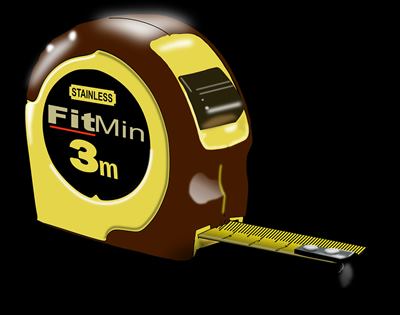Why blame yourself?
Most people blame themselves for everything that goes wrong. It is a very human tendency. Your client can describe in great detail everything they do wrong. But they seldom consider whether their failings are actually their fault. Maybe the problem belongs to someone else?
I sometimes wonder if there any need to diagnose the client at all. With some clients you can almost predict what their problem is from examining their family. I had a client today who told me about her alcoholic mother, a father who was away at sea for one month on and one month off. And a brother with a temper problem and alcoholic binges. Add to that a sister with a permanent negative attitude to everything, and a grandmother who was strict religious.
People tend to personalize their failings
You could predict that she would be withdrawn, lonely, depressive. And of course she was. The problem she brought was lack of motivation and a life long history of weight problems. She told me that she never seems to be able to keep the weight off. She sabotages herself constantly, has relationship issues, her life is a mess. And it's all her fault.
The strange thing is, that even with that cast of characters in her background, she still blames herself. She blames her own personal weakness for her condition. I have endless sympathy for people brought up in dysfunctional families ( I am one myself). But I never understand how people invariably see the problem as a personal one, and not a family one. They should consider whether their problems might be from something done to them, not something they have done?
Maybe therapists should get family health training?
I wonder if the curriculum of hypnotherapy training shouldn't include sections on recognizing the origins of disorders. Not just how to treat the symptoms. Lessons in how to correlate clinical problems with family situations. That would be a major aid to accurate diagnosis and targeted treatment, in my opinion.
What do you think?
I wonder what examples other people can remember? Does having a dysfunctional family always mean you will be affected psychologically? Should we ask about family history first?









